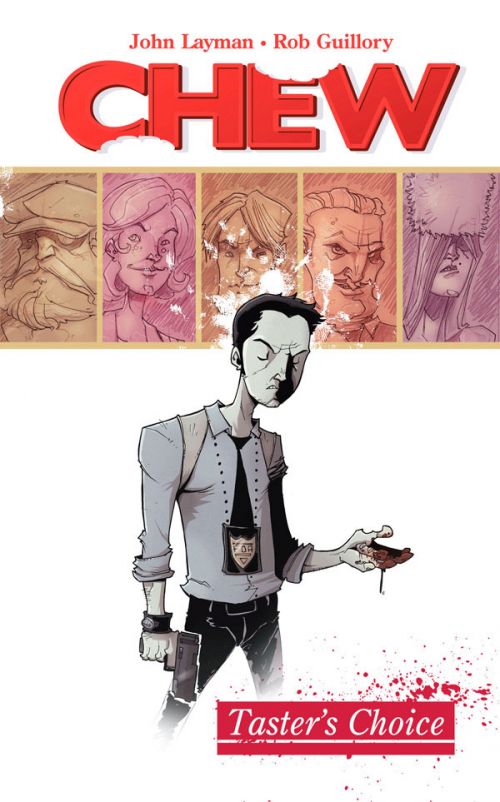The World Science Fiction Convention has come and gone in the past month which means one big thing to me. Hugo Awards. I like the Hugos because they are far enough into the year that most everything they recognize is widely available. Lots of people have lots of very valid criticism about the nominating and voting process for these awards (both are done by fans and convention-goers only), so “Hugo Award Winner” doesn’t necessarily correlate to “Absolute Best Stuff Out There”, but it’s a nice place to start for those who haven’t read every bit of sci-fi published in the last year.
Other big awards that have lead me to really good stories in the past are:
Nebula Awards
Locus Awards
World Fantasy Awards
That’s a lot of reading, and I won’t pretend that I got through everything on all those lists. Instead we’ll start with the Hugos and maybe fill in some editorializing about things I enjoyed that missed out. As always, where I can find material freely available online, I've provided a link.
BEST SHORT STORY
The Water That Falls on You From Nowhere (John Chu) – Hugo Winner. A love story in a world where every time someone lies, they are immediately drenched with water.
If You Were a Dinosaur, My Love (Rachel Swirsky) –Nebula Winner. I really liked this story, the gimmick of the story almost wears thin, but it fits the events that put the whole thing in motion. Nominated for Hugo, Nebula, and WFA.
Selkie Stories Are for Losers (Sofia Samatar) – My favorite of the four. The narrator’s mother was a selkie, a seal who was trapped in human form when the narrator’s father stole her coat. Nominated for Hugo, Nebula, and WFA.
The Ink Readers of Doi Saket(Thomas Olde Heuvelt) – Nominated for Hugo and WFA. Set in a village in Thailand where all the wishes that are set in the river during a festival are collected. A good enough story.
THINGS HUGO MISSED?
Effigy Nights (Yoon Ha Lee) – Her collection Conservation of Shadows was incredibly good. If you like this story, get the book, because every single story in there I liked. WFA nominee.
BEST NOVELLETE
The Lady Astronaut of Mars (Mary Robinette Kowal) - Hugo Winner. You should read anything by Robinette Kowal, this is a good story about an aging astronaut having to revisit old disasters.
The Waiting Stars (Ailette deBodard) - Nebula Winner. From the same universe as “Immersion” (my favorite story from last year’s awards), deBodard is amassing a bunch of these really powerful pieces about alienation and culture. Another really good story.
The Truth of Fact, the Truth of Feeling (Ted Chiang) - I love Ted Chiang’s stories. He always does an amazing job of weaving technology and memory together. This story is very good, but I can see why it didn’t win.
The Exchange Officers (Brad Torgersen) (link goes to a .pdf) – I struggled to finish this one. Especially as it was in a category with three writers that I knew and had enjoyed in the past, this one felt as though it didn’t belong.
THINGS HUGO MISSED?
The Prayer of Ninety Cats (Caitlin Kiernan) - Nominated for Locus and WFA. A story of fear and illusion framed by a movie that tells the (fairly graphic) story of Elizabeth Bathory.
BEST NOVELLA:
Equoid by Charles Stross - Hugo Winner. This is pretty good horror. It uses Lovecraft as a jumping off point, but it will turn your stomach and sets up a pretty good monster. My only quibble is that it’s clearly a part of an existing universe (Stross’ Laundry series) and so it’s not self-contained like some others on the list.
Wakulla Springs (Andy Duncan & Ellen Klages) - Set in a Florida swamp over several generations. Nominated for nearly everything (Hugo, Nebula, WFA, Locus).
Six-Gun Snow White (Catherynne Valente). I have loved Valente’s work before this (“Silently and Very Fast” was one of my Hugo favorites a couple years ago) and this transposition of Snow White’s story to the American West is a pretty good story. Nominated for Hugo, Nebula, WFA, Locus - Winner of Locus Award.
(Not freely available that I know of)
The Butcher of Khardov (Dan Wells). A character study of a monster. The butcher’s motivations won’t really surprise you too much, but Wells does a pretty good job of telling the tale in an entertaining fashion.
(Not freely available)
The Chaplain’s Legacy (Brad Torgersen) (link goes to a .pdf) - Liked it fine. Didn’t surprise me much, though there were some scenes that were nicely executed. A chaplain who averted the destruction of the human race is called back into negotiations with an alien race.
THINGS HUGO MISSED?
The Weight of the Sunrise (Vylar Kaftan) - Nebula Winner. Didn't get to read this, but I will sometime soon.
BEST NOVEL:
Ancillary Justice (Ann Leckie) -
This won everything it was nominated for (Hugo, Nebula, Locus). I finally got a copy that I hope to get to this month. Everything I’ve heard has said this is very very good, so I’d recommend it based on that alone. If you read it in September, then we’ll have something for sure to talk about in the next Book Day post!
The Wheel of Time series (Robert Jordan & Brandon Sanderson) -
Enough has probably been said about this. If you feel like 10,000 pages of fantasy might be up your alley, this will scratch that itch.
Neptune’s Brood (Charles Stross) -
I don’t know Charles Stross’ work at all (save for his story in the novella category), but this was nominated for a Locus and a Hugo, so I’ve been tempted to check it out.
THINGS HUGO MISSED?
The Golem and the Jinni (Helene Wecker). I'm two-thirds of the way through this book right now, it seems as though it's a bit longer than it needs to be, but the title characters are interesting. Nominated for Locus, WFA, Nebula.
Stranger in Olondria (Sofia Samatar). Sounds interesting, and I really liked her short story, so I might get around to this one. Nominated for Locus, WFA, Nebula
The Ocean at the End of the Lane (Neil Gaiman). I wasn’t impressed. But then I haven’t connected with Gaiman in the couple of chances I’ve afforded him. Nominated for Locus, WFA, Nebula. Winner of Locus award.
-----------------------------
That might get us started for some discussion. What have you been reading?

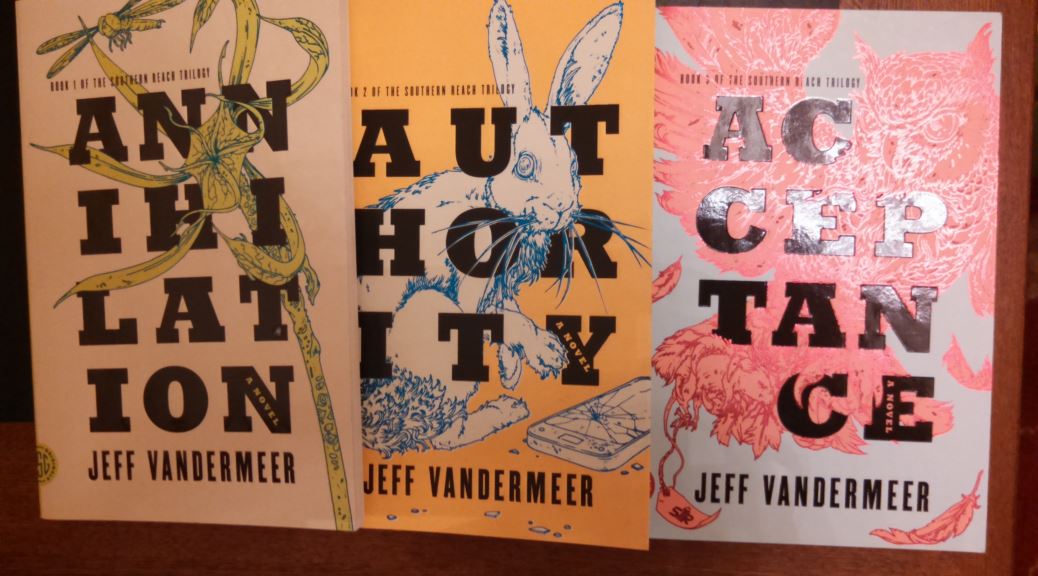
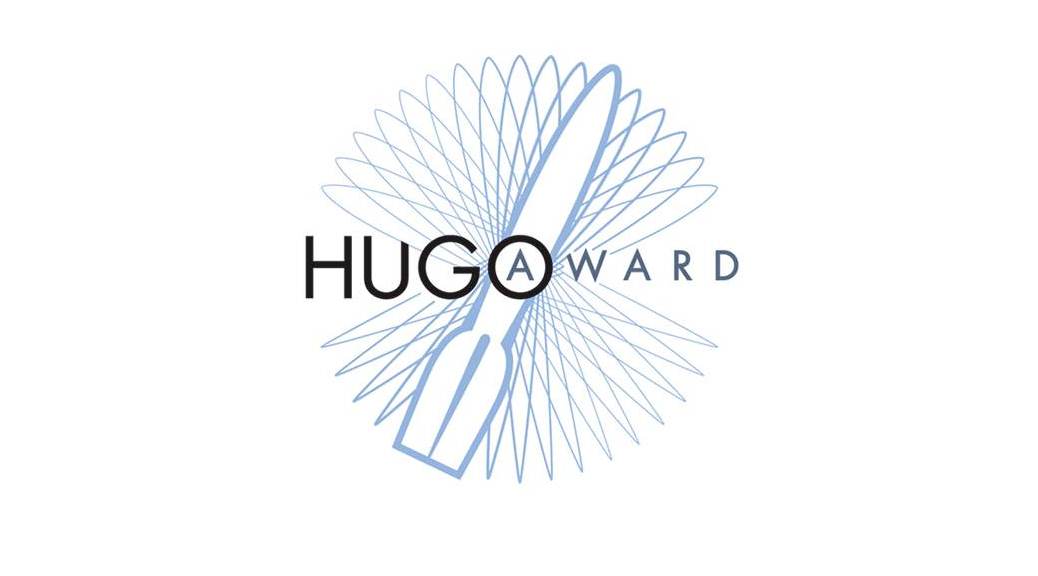
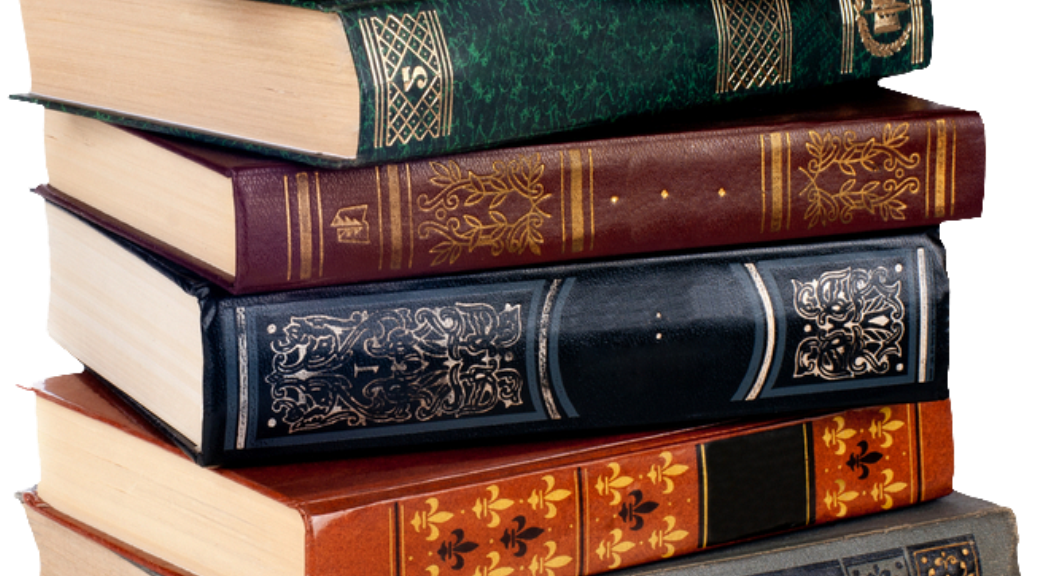

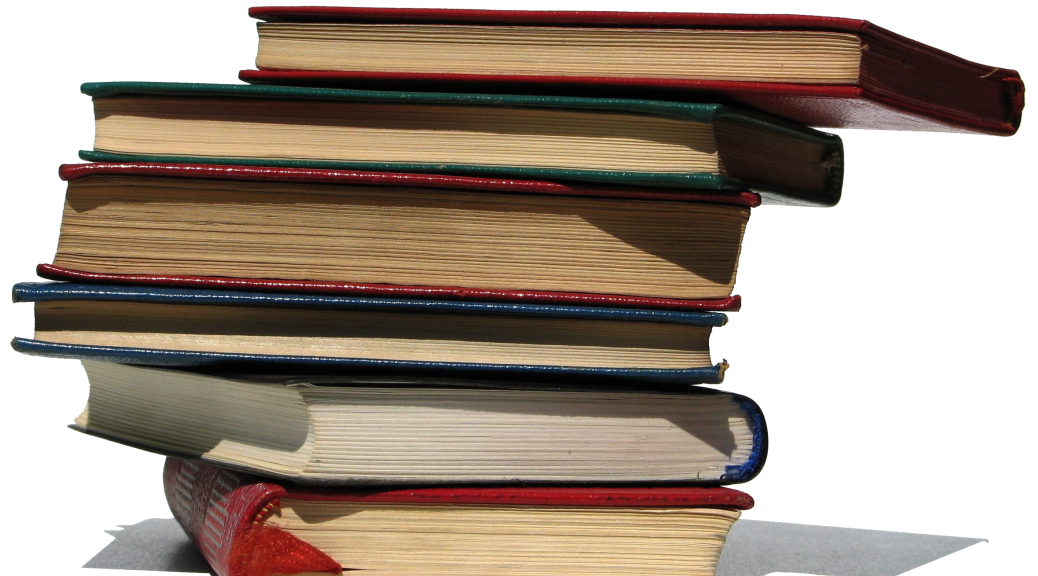


 Pepper posted
Pepper posted 